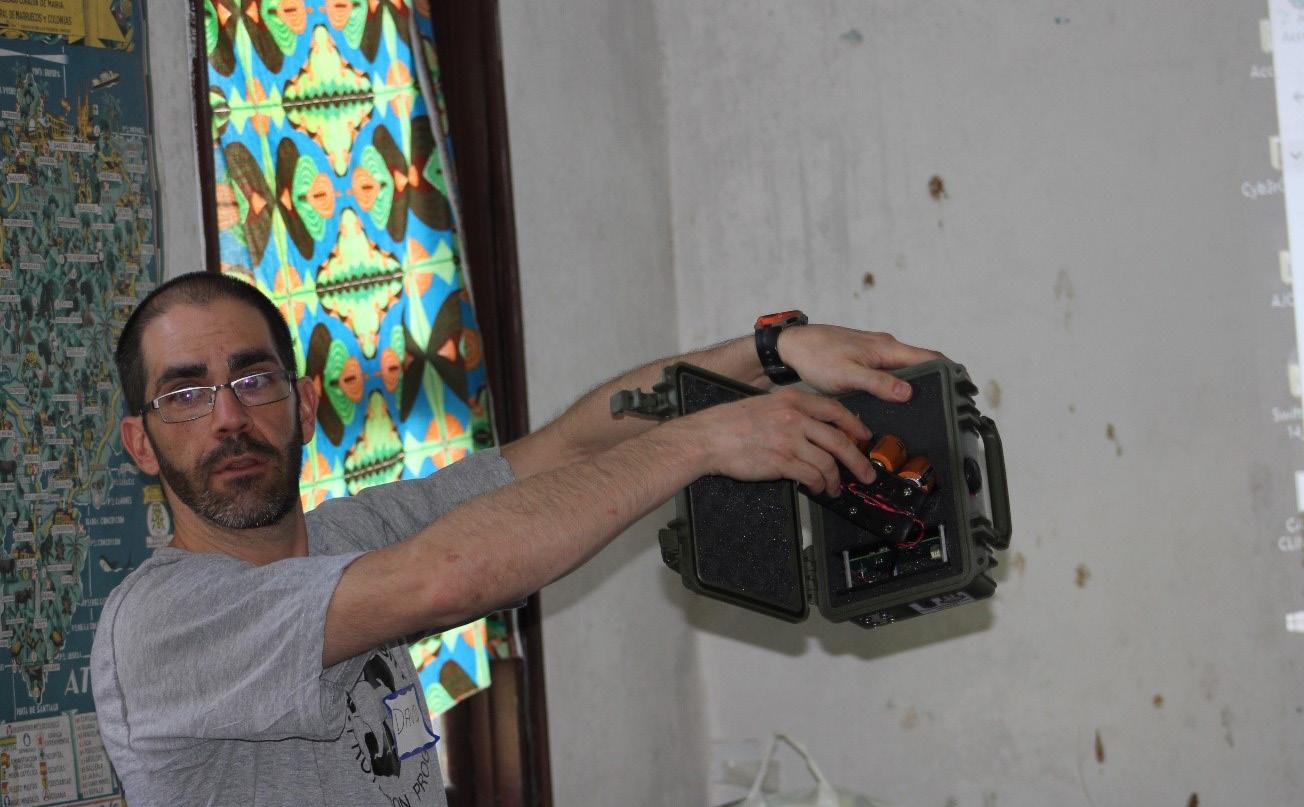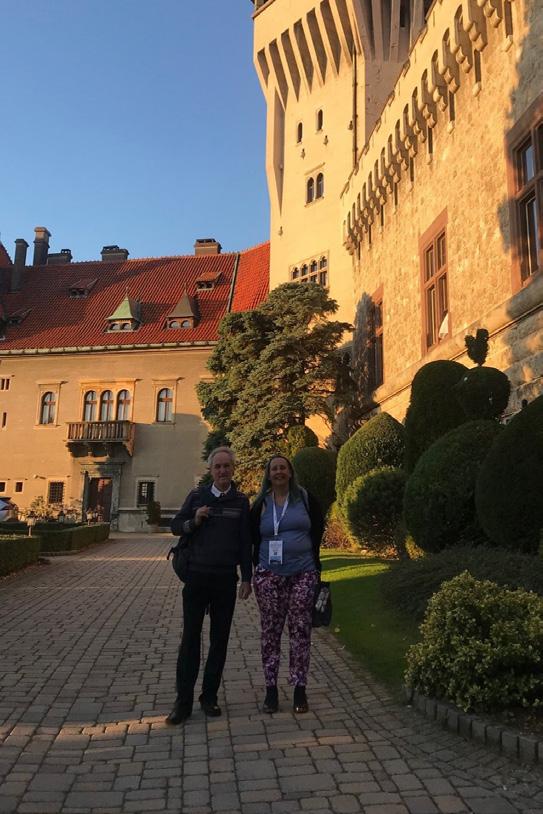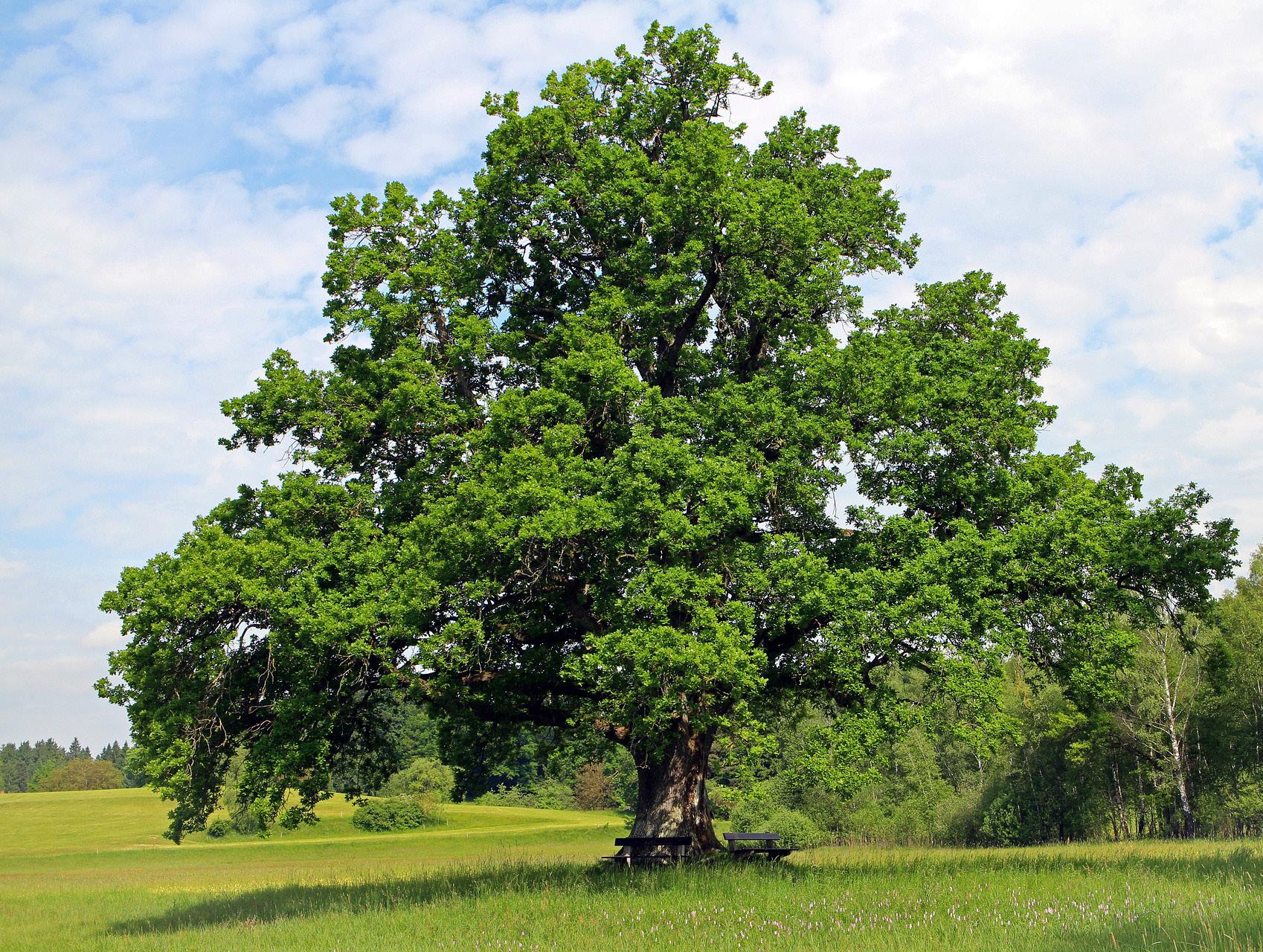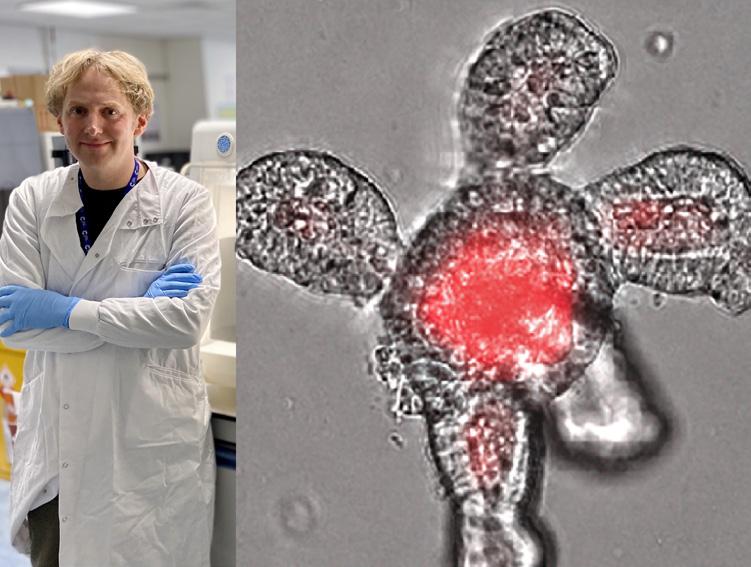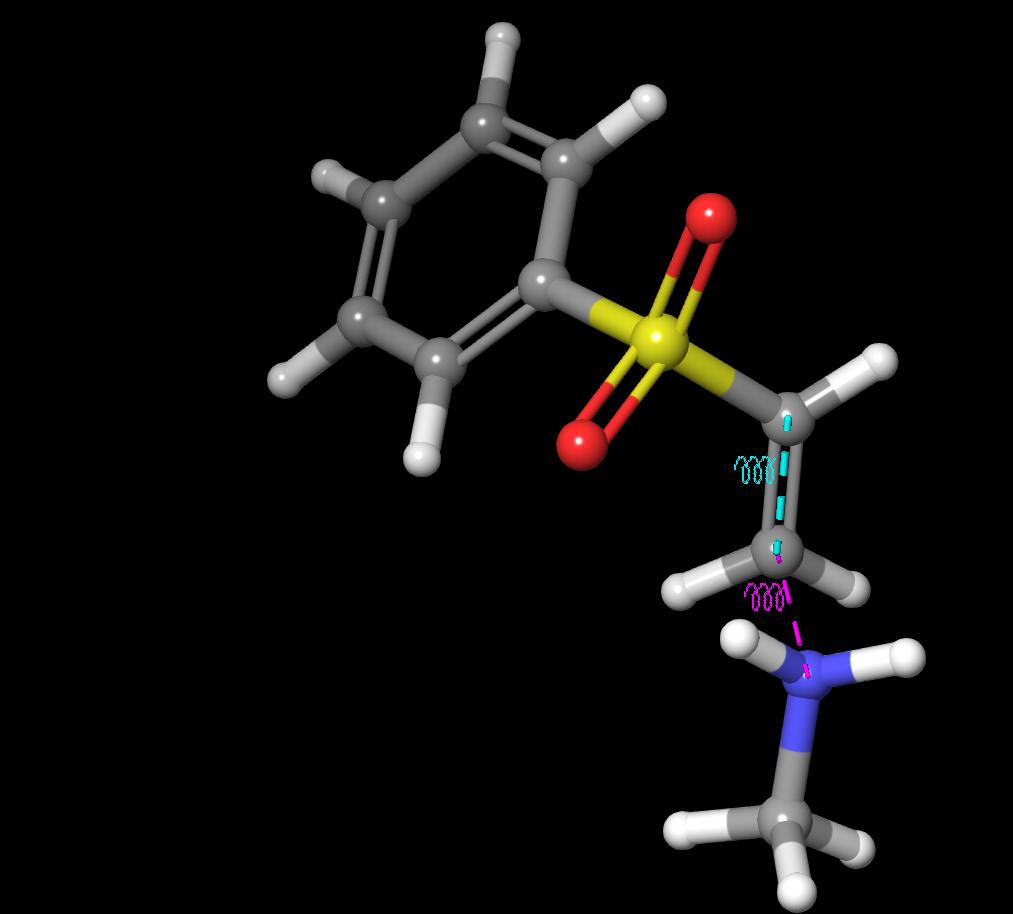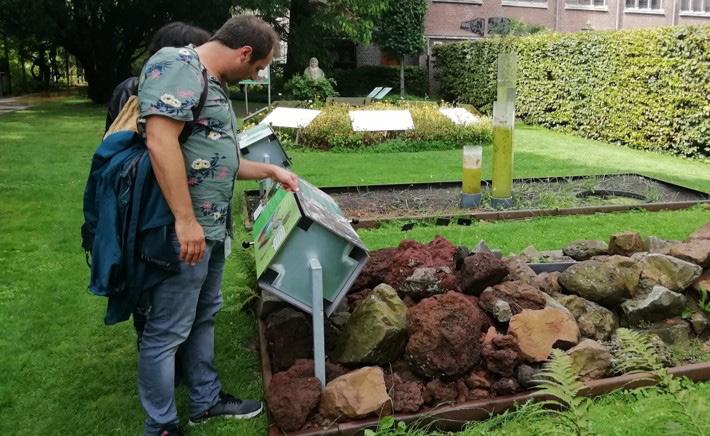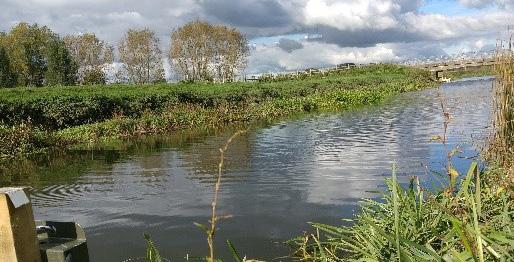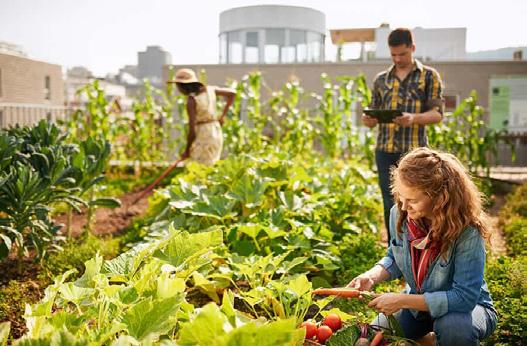
1 minute read
Pathway to zero emissions
New Ukri Scheme Seeks To Forge Path To Zero Emisssions In The Agriculture And Food System
BY: DEVINE OKOLI
Advertisement
As temperatures rise, the urgency of reaching zero emissions in the agriculture and food system becomes more obvious and the new UKRI scheme ‘AgriFood4NetZero’ aims to lay down the stepping stones to reaching it by 2050.
This 5 million pound 3-year investment seeks to “bring together a network of academic and stakeholder partners across the agrifood system in order to negotiate what a pathway to net zero will look like for the agrifood system” says Angelina Sanderson Bellamy, the research project’s Principal Investigator and the Associate Professor of Food Systems at the University of the West of England. While other sectors such as transportation and building have begun to reduce their greenhouse gas emissions the UK’s agrifood system still accounts for about 25% of overall emissions. This comes from livestock and fodder production which generate more than 3 billion tonnes of CO2 equivalent as well as post-farm transport and processing. The network, run by a diverse team of academics in fields like geography, biology, climate, agriculture and food systems seeks to transform this with their 3 clear objectives: creating an active, open and inclusive community of practice, delivering a contextdependent roadmap to net zero and shaping the next decade of research through funding competitions and supporting projects to maximise their impact and future funding. This has looked like scenarios workshops that visualise the context of the UK’s agrifood system up to 2050 and interactive meetings with flash talks, discussions and debates. The consequences of not prioritising this kind of sustainability could be dire as we leave in our wake the hottest October on record. “If we don’t do something about getting to net zero, we’ll see catastrophic consequences in 30, 40, 50 years’ time” says Angelina. Despite its righteous goal, contention still thrives as some solutions could potentially threaten livelihoods of farmers, for example, as livestock produce considerable amounts of methane gas. However net zero does not have to mean veganism, as research is already underway into how we can raise livestock in a way that reduces their emissions by altering their feed and the way it is produced. “I think we need to have diet changes, but I think that it is also something that has to be very carefully considered; it’s so complex around dietary changes and what we should be eating.” says Angelina.
The media has been guilty of targeting these farmers, but Angelina insists that they are not the bad guys, “they’re one piece of this equation that we need

